Classic Accessories Veranda Water-Resistant 25.5 inch Patio Chair Cover
A customer favorite for its fashionable design, durability and extensive collection of matching products, the Veranda line features our heavyweight Gardelle woven polyester fabric and special water-repellent and resistant undercoating. When you buy a Classic Accessories grill or patio furniture cover you are not just getting a cover; you are also purchasing peace of mind. Not only will your grill and patio furniture be protected from the elements, but you will be protected with the easiest warranty in the industry. If your product fails within the warranty period, look for us online and take advantage of our Hassle-Free warranty program supported by our US-based customer service team.
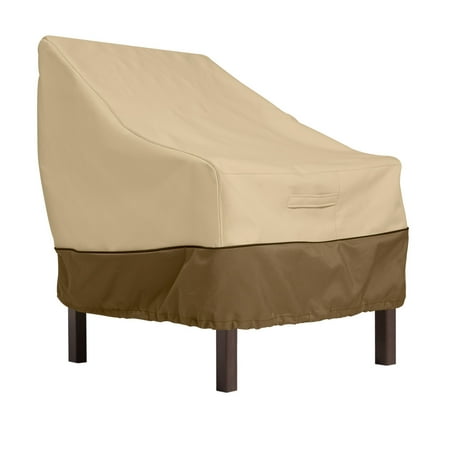

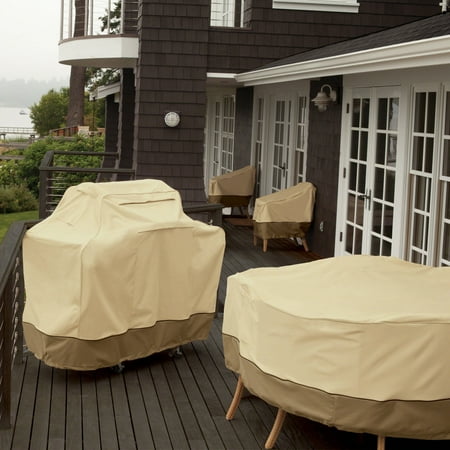
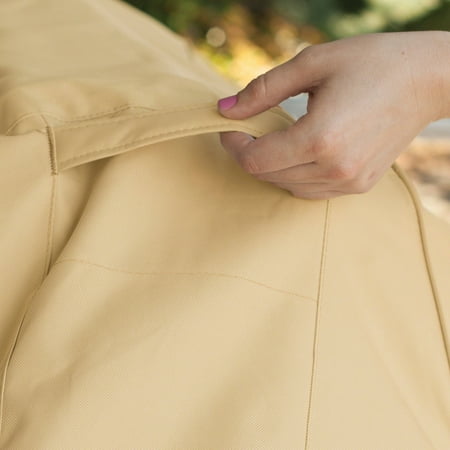
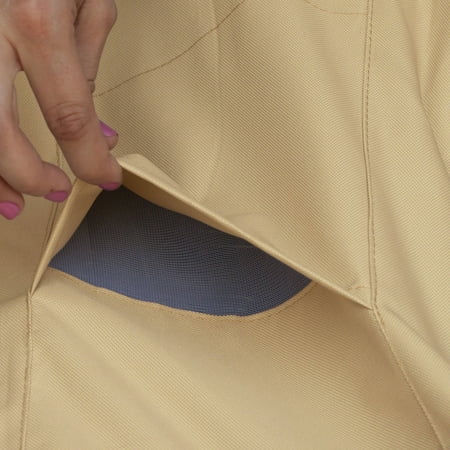
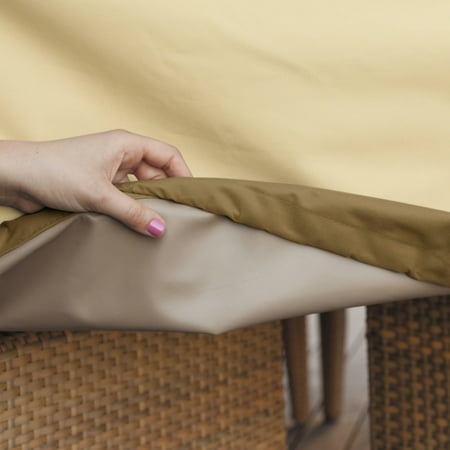
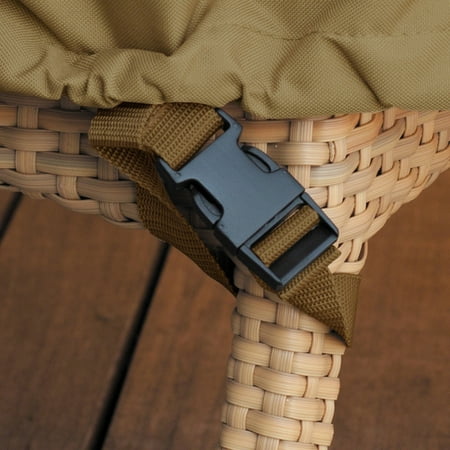
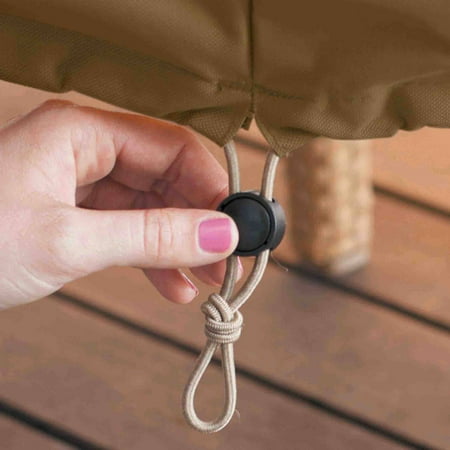
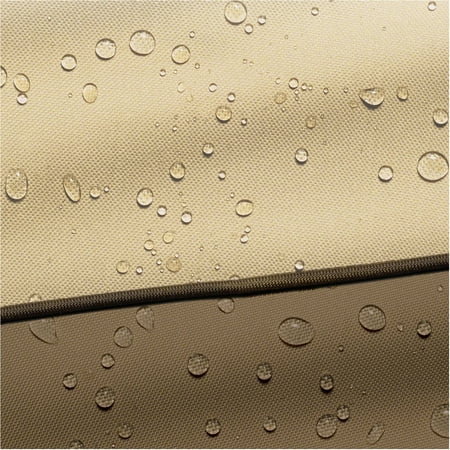
Fits standard patio chairs 25.5″L x 28.5″D x 26″HGardelle Fabric System features an elegant fabric top with a protective water repellent and resistant laminated backing and a protective dark splash guard skirtAir vents reduce inside condensation and wind loftingPadded handles for easy fitting and removalElastic hem cord for a tight and custom fitClick-close straps snap at front to secure cover on the windiest daysThree-year limited warranty




Reviews
There are no reviews yet.